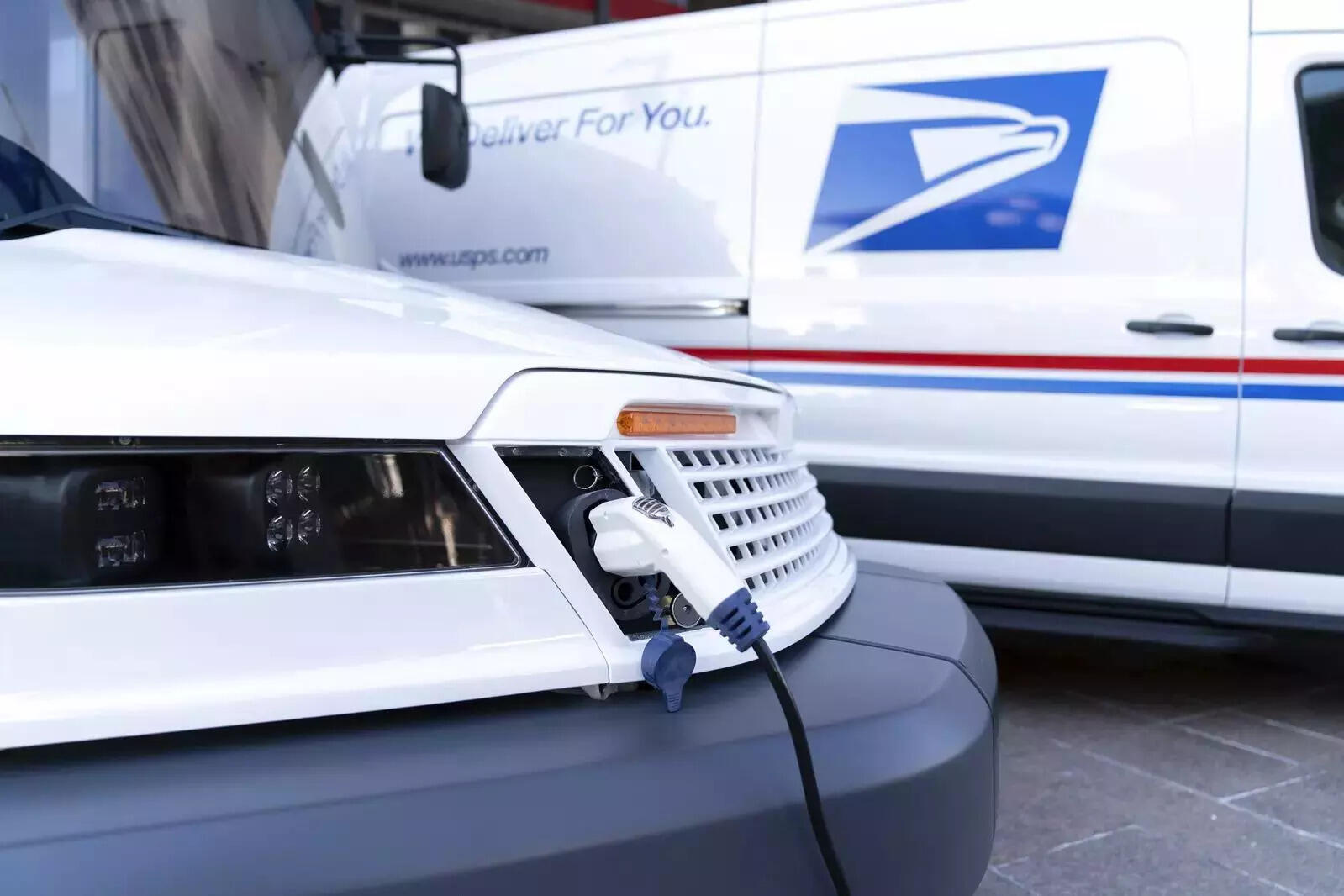
By David Shepardson
The U.S. Postal Service (USPS) said on Tuesday it will more than double its planned electric delivery vehicles purchases, officials said on Tuesday, tapping funding from Congress and responding to pressure from the White House to cut emissions.
USPS said it now plans to buy at least 66,000 electric vehicles through 2028 after committing in July to buying 25,000 next-generation electric delivery vehicles and disclosing it was considering buying up to another 20,000 commercially available vehicles.
Congress in August gave USPS $3 billion as part of a $430 billion climate bill to buy electric vehicles and charging infrastructure. The White House said USPS will use $1.7 billion for charging infrastructure.
In December 2021, President Joe Biden signed an executive order that said light-duty vehicles acquired by the government will be emission-free by 2027. The order did not apply to the Postal Service, since it is an independent federal agency.
White House senior advisor John Podesta said the plan is in line with Biden’s goal and “sets the postal fleet on a course for electrification, significantly reduces vehicles miles traveled in the network, and places USPS at the forefront of the clean transportation revolution.”
In July, USPS said it would buy at least 25,000 next-generation electric delivery vehicles – more than twice its prior estimate and said it could buy another 20,000 off-the-shelf EVs.
On Tuesday, USPS said it now expects to spend $9.6 billion on vehicle acquisitions through 2028. It anticipates 45,000 of its 60,000 next-generation delivery vehicles (NGDV) from Oshkosh Defense through 2028 will be battery electric and it plans to buy 21,000 additional commercial off-the-shelf (COTS) EVs “depending on market availability and operational feasibility.”
In February, the White House sharply criticized USPS’s initial proposal to buy 90% gasoline-powered vehicles.
USPS said the purchase of at least 66,000 EVs is part of its 106,000 vehicle acquisition plan for deliveries through 2028. But USPS, which currently has an aging gasoline-powered delivery fleet of more than 220,000 vehicles, said Tuesday it also anticipates buying more gasoline-powered vehicles “necessary to meet immediate vehicle replacement needs.”
USPS said NGDV acquisitions delivered in 2026 and beyond are expected to be all electric. The modern vehicles will replace many 30-year-old USPS ones that lack air bags and other safety equipment as well as air conditioning.
In April, 16 states, four environmental groups and the United Auto Workers union filed lawsuits to block USPS from buying mostly gasoline-powered next-generation delivery vehicles under a contract with Oshkosh worth at least $2.98 billion.
Also Read:
